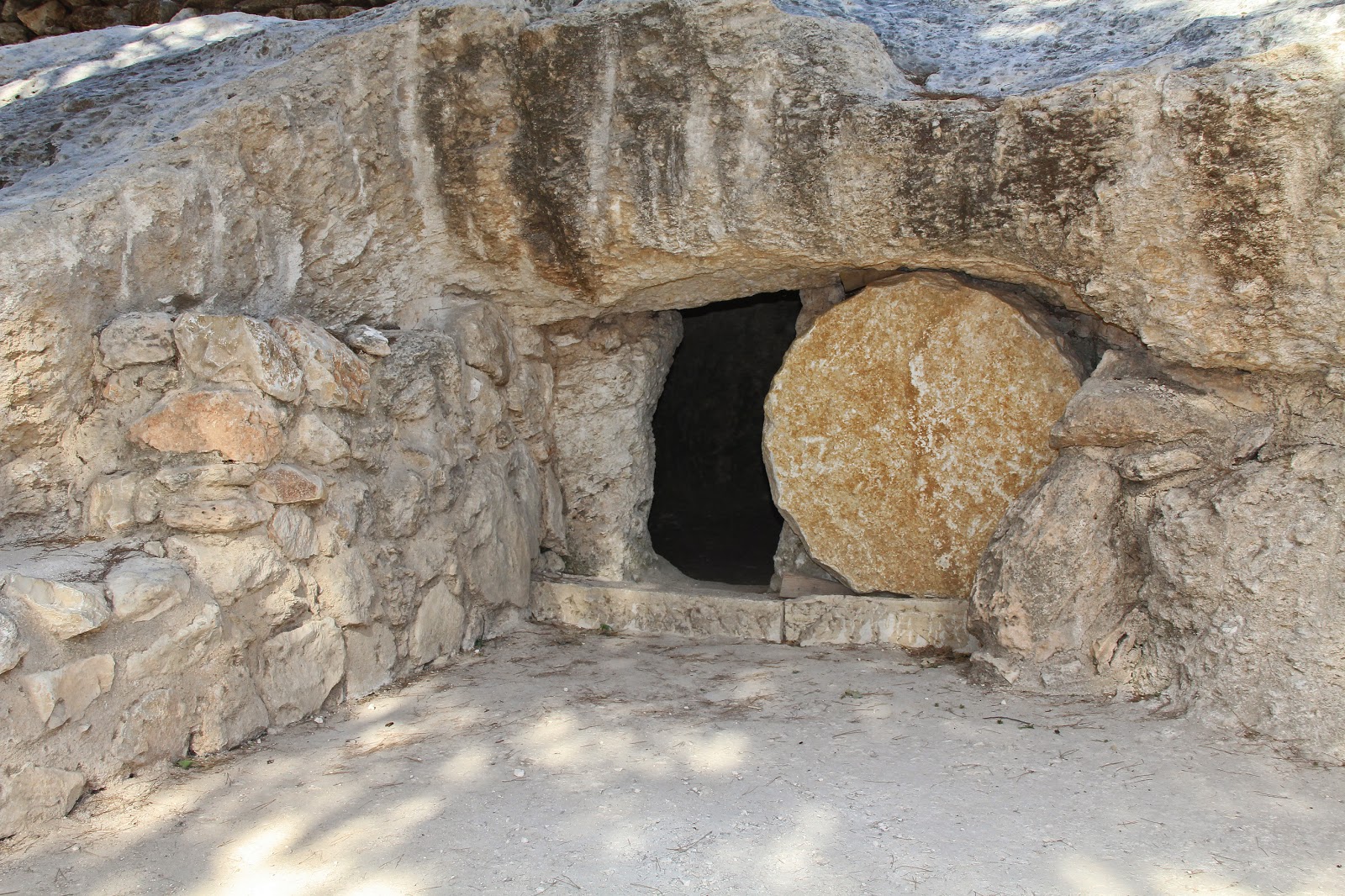In the race to get to the tomb Peter was always going to lose.
The other disciple, John, was young and fit. The middle-aged Peter must have
struggled to even keep him in sight. It was good then that John waited and let
Peter go inside the tomb first. It was Peter who saw that the tomb was tidy and
the cloths folded up. Peter realised that he was not looking at a grave robbery
but an event that was meant to be. Somehow all that Jesus had said must have
dropped into place. Only then did John go in and they must have talked together and the reality of resurrection had broken into the male part of the community of disciples.
When we meet setbacks one of the most frustrating things is that we
all do it in different ways. Some need to see and touch the situation. Others
need to throw themselves into activity like John, sprinting ahead. Others seem to
draw into themselves and find a way forward in their own hearts. All these ways
have their place in meeting change and the new life of resurrection. We all meet resurrection, new life, in different ways.
The
trouble is that we tend to get through those ways at our own
pace. Like John and Peter we need patience, to wait for people. We need to
believe in the new life and light that follows setbacks and change. The way
that Peter saw and believed was a gift he was given, so that he could
strengthen the faith of the others. Most of us have to struggle for that light
to grow strong inside, and respect the way that light is growing in those
around us. Then perhaps we can wake up to the fact that the resurrection is all around us, the most quiet and indestructible energy at the heart of God.
Patience is needed with everyone, but first of
all with ourselves
St Francis of Sales
Personal Reflection
How do I deal with setbacks and sadness?
Do I keep busy, go quiet, or need to talk things over again and
again?
How do I deal with good news?
How do I deal with good news?
How do others around me deal with moving from sadness and loss
towards light and hope?
Prayer
Lord, when things come to an end, it is not easy to see much good
coming out of it. Sometimes, like Peter, we just need to see and believe and
struggle. Let me use my struggle to hope as a doorway to deeper trust and faith in you. Help me
to be patient with those who deal with the challenge of new beginnings in
different ways from me. Help me wait for them, to recognise resurrection in
their own lives with patience and faith.
Amen














